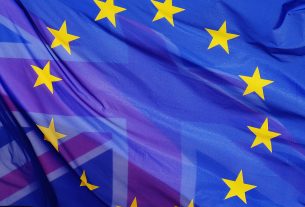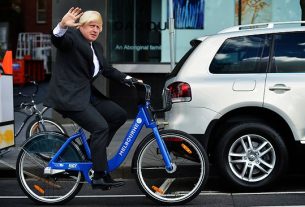Ruling out a no-deal Brexit was a top priority of a majority of MPs during long-running debates. The Benn Act appeared to prevent such an outcome, but those voices who warned that the Withdrawal Agreement mounts to a no-deal by the backdoor may prove to be right.
One year is a short time when it comes to negotiating a deal with the EU. Ask the Swiss! They’ve been holding bilateral meetings for years. For the UK to manage to reach agreement on countless issues within less than a year, we need a miracle. Since the ratification of the WA in Brussels, and the House of Commons, the swell of hope and optimism has decidedly subsided.
But proponents of a soft Brexit have always been suspicious of the Brexiteers and the Prime Minister’s backroom team. Has a no-deal-outcome always been the preferred option? Will the UK accelerate towards a no-deal Brexit in 2020? If current positions are anything to go by, chances of reaching a soft agreement have already vanished, and we may indeed be heading for a no-deal outcome.
The UK’s published negotiation objectives
When the UK government published its negotiation objectives during the week, it also ditched some of the commitments made in the political declaration last October. According to government sources, election manifesto promises have superseded earlier commitments to the EU. The Prime Minister doesn’t feel obliged to stick to set ground rules but instead is focusing on delivering the Brexit he promised during his campaign.
In a nutshell, a soft Brexit with close alignment to EU rules has been ruled out. The UK is seeking a Canada-style loose agreement, whereas the EU feels that the UK’s geographical location makes close alignment a necessity. According to the Telegraph, Michel Barnier had expected the UK to honour all commitments contained in the political declaration.
Fishing, borders, state aid, Northern Ireland, workers’ rights, customs, market access, data, the environment, financial services, and crime/extradition are among the core negotiation issues. The UK’s published position appears to indicate that it wants free market access, no tariffs or checks, a collaboration where beneficial to Britain – all without following EU rules or providing custom infrastructure.
In contrast, the EU is demanding regulatory alignment in exchange for market access. It fears the UK may end up undercutting EU prices while also allowing non-British products to enter the EU tariff-free.
Mr Barnier insisted:
“We are ready to offer to the UK super-preferential access to our markets – a level of access that would be unprecedented for a third country.
“Is this something we can do without firm guarantees that the UK will respect the ‘level playing field’ and avoid unfair competitive advantages? The answer, I’m afraid, is simple. We cannot. We want competition in the future, but it must be fair – fair and free.”
No-deal Brexit possible as the UK may walk away from talks in June
The timeframe is tight. At present, over 100 officials from the British side alone are negotiating ten parallel strands.
Speaking in the House of Commons, Michael Gove insisted that striking a deal within ten months is still possible but insisted the UK would not “trade away its sovereignty.”




